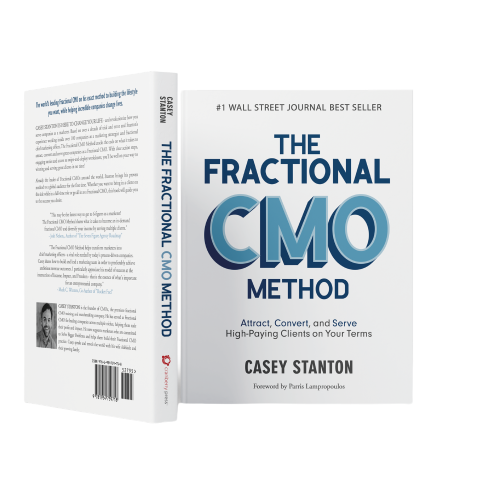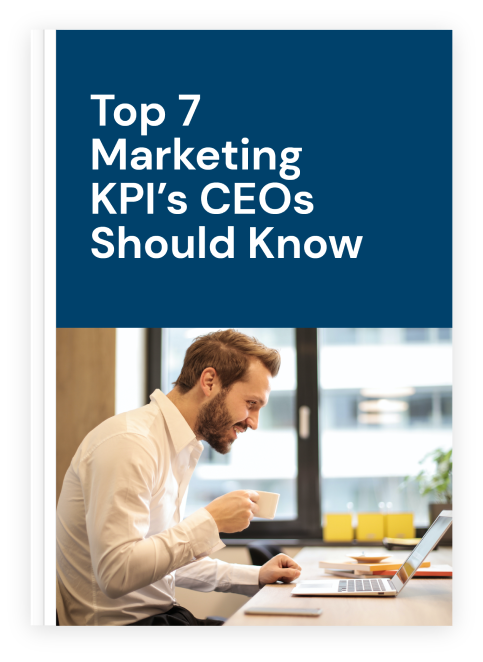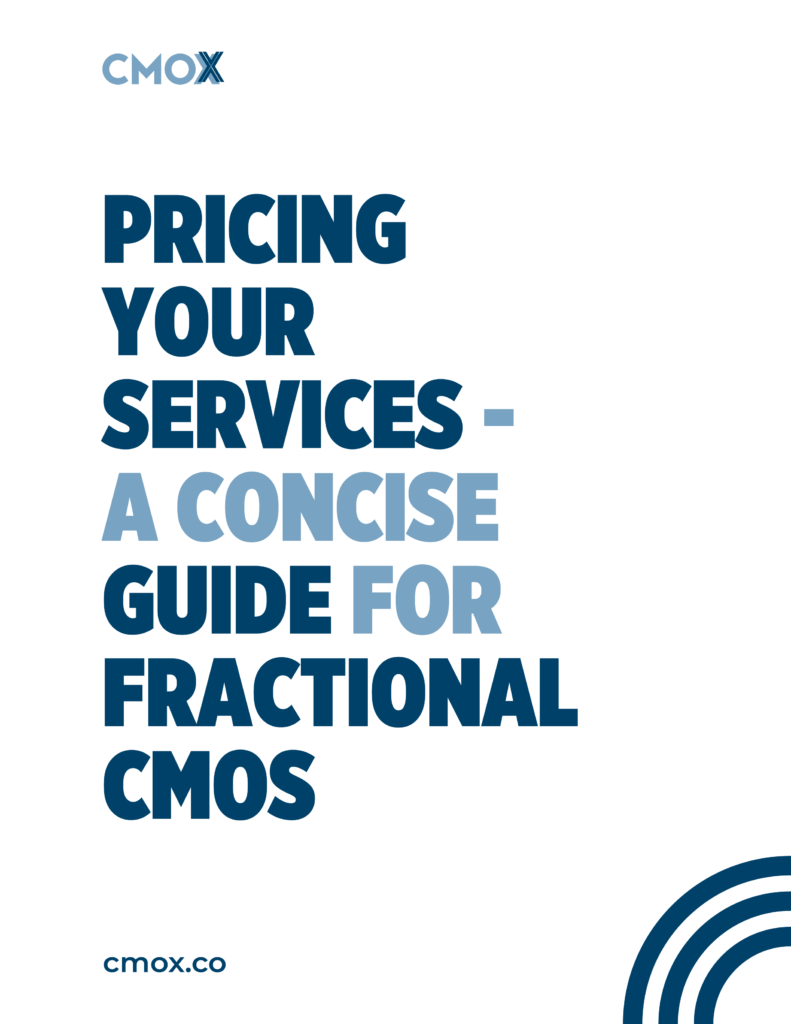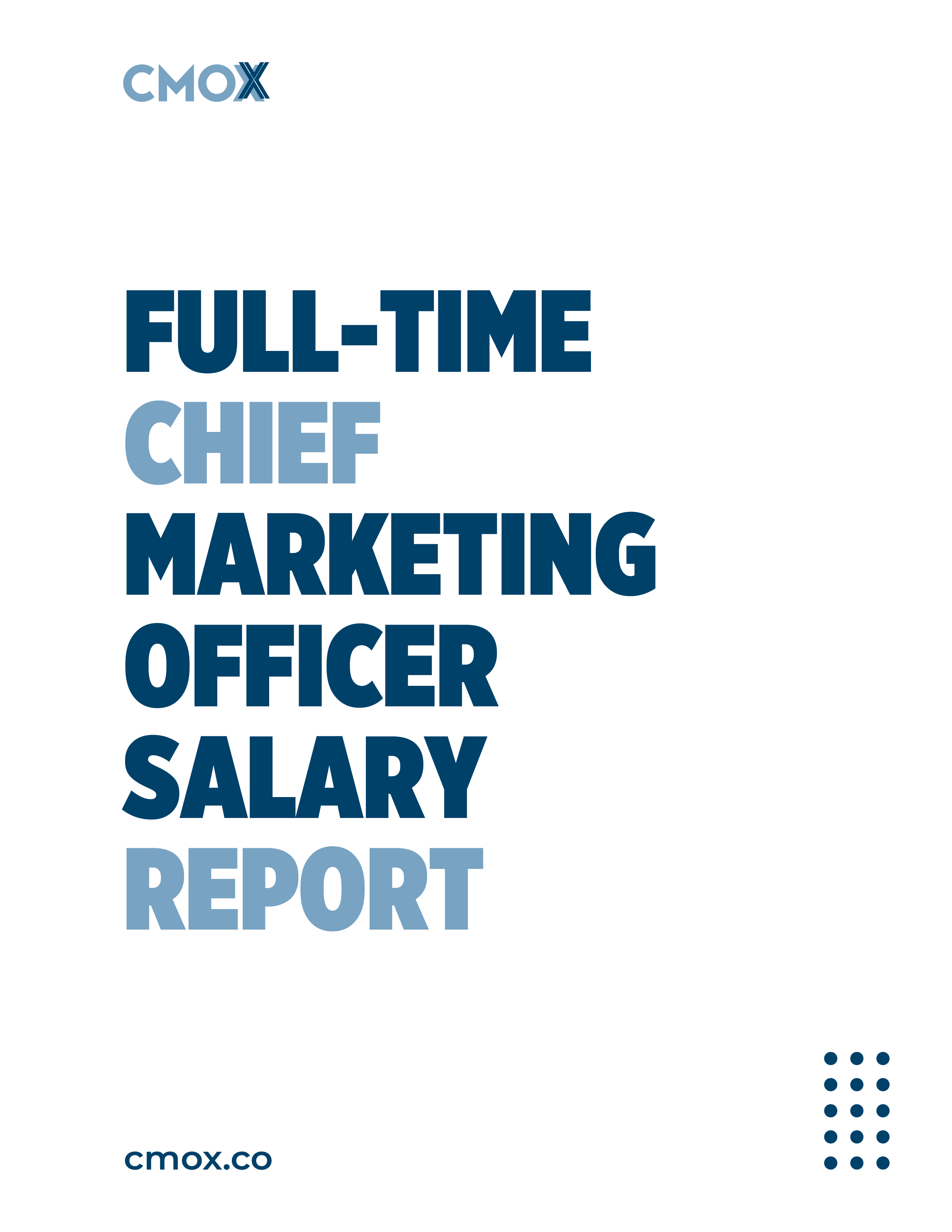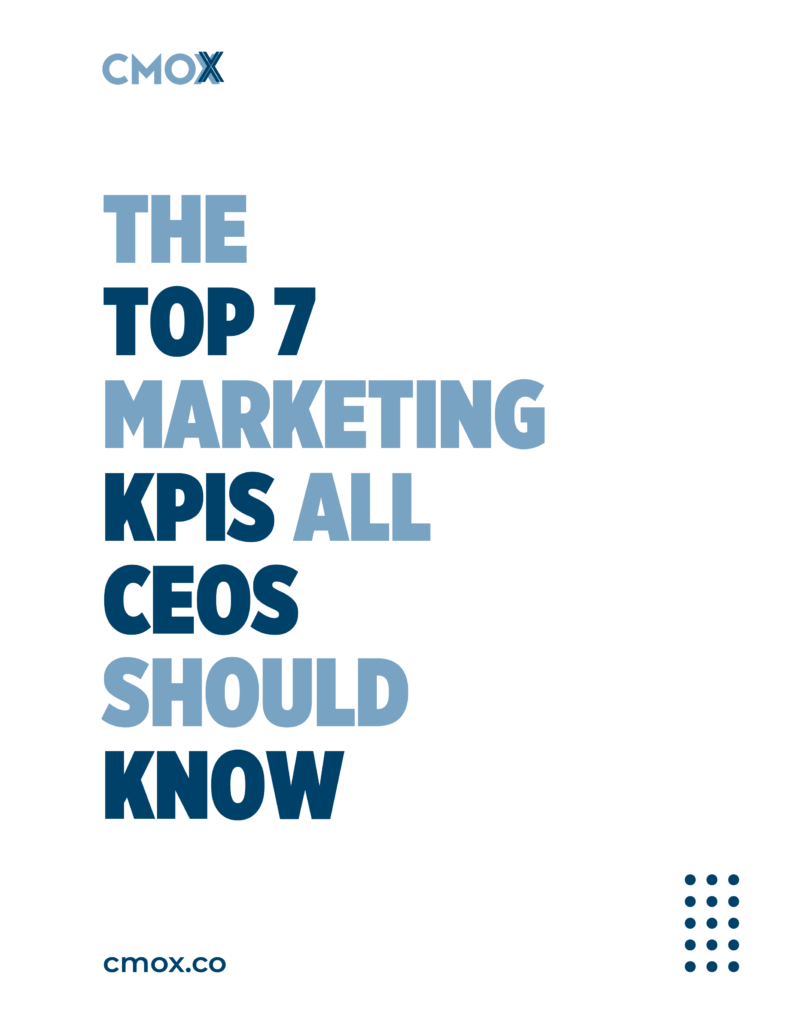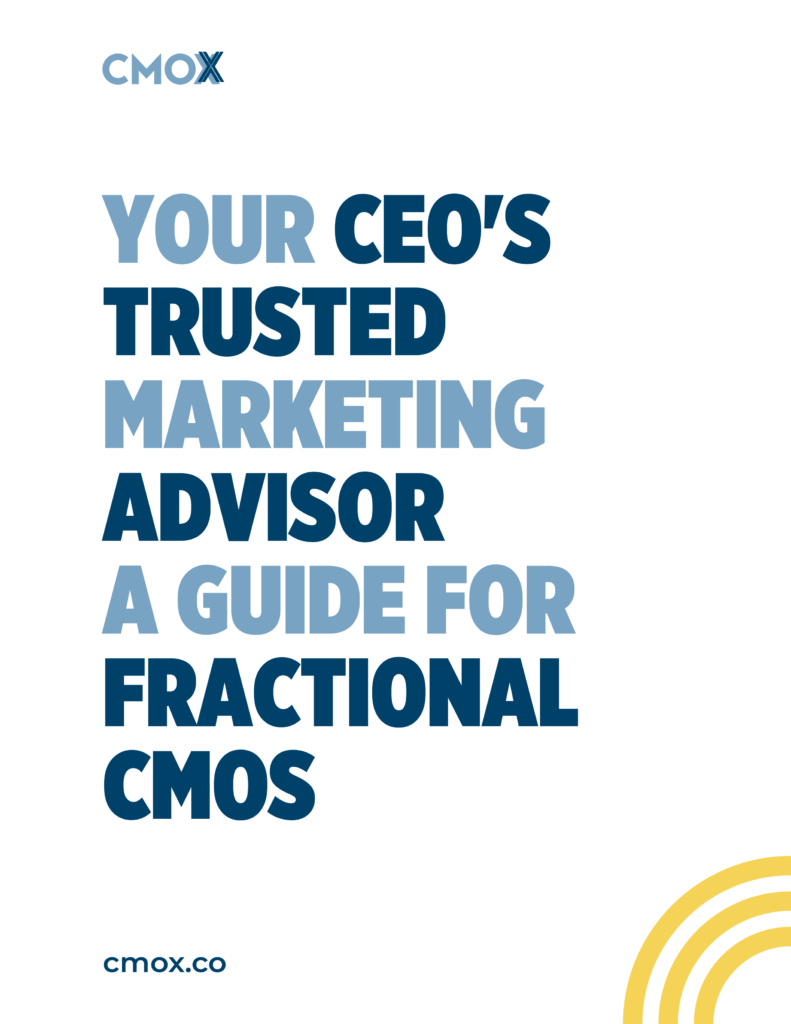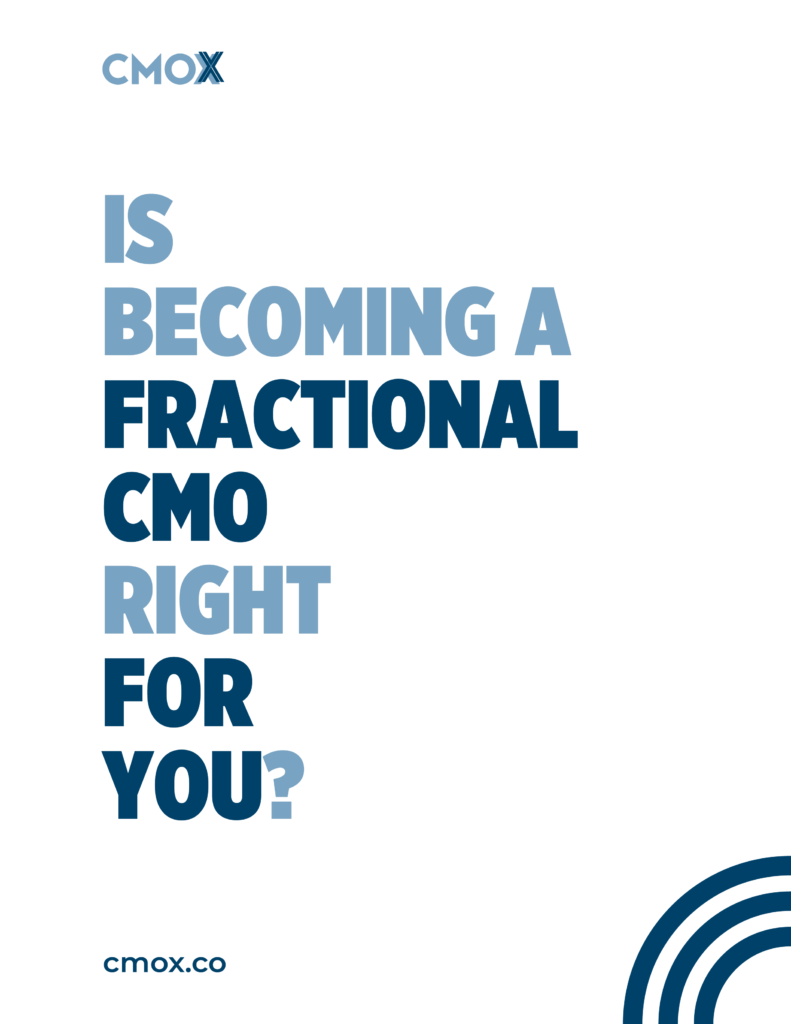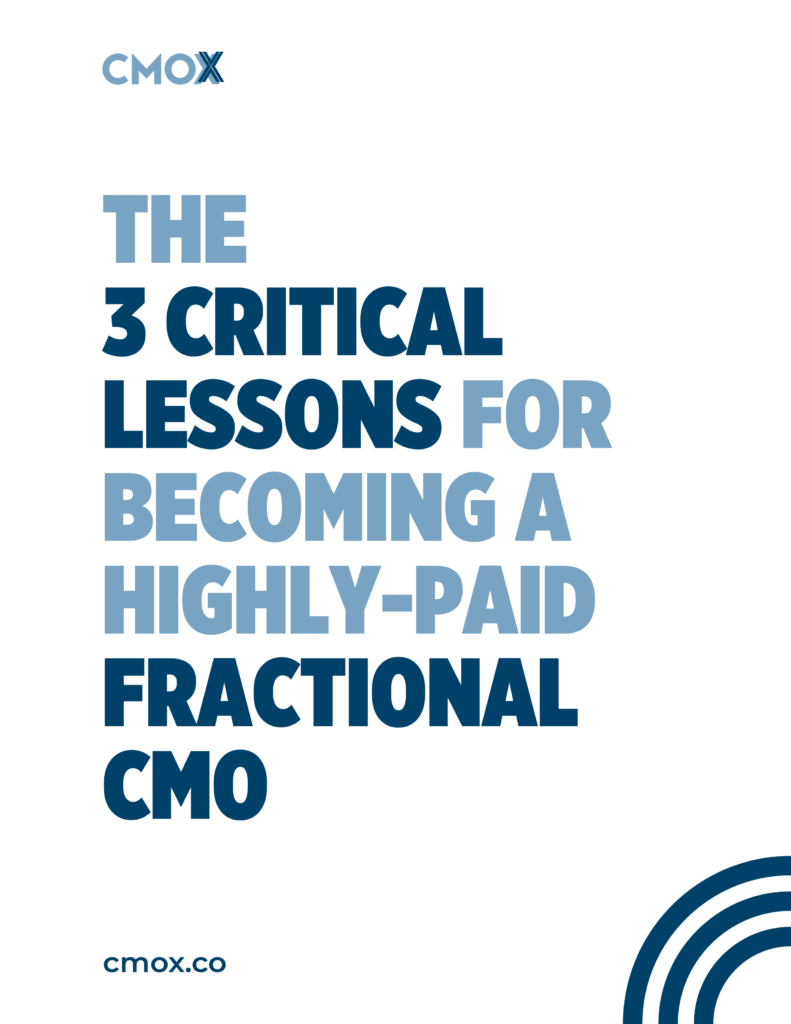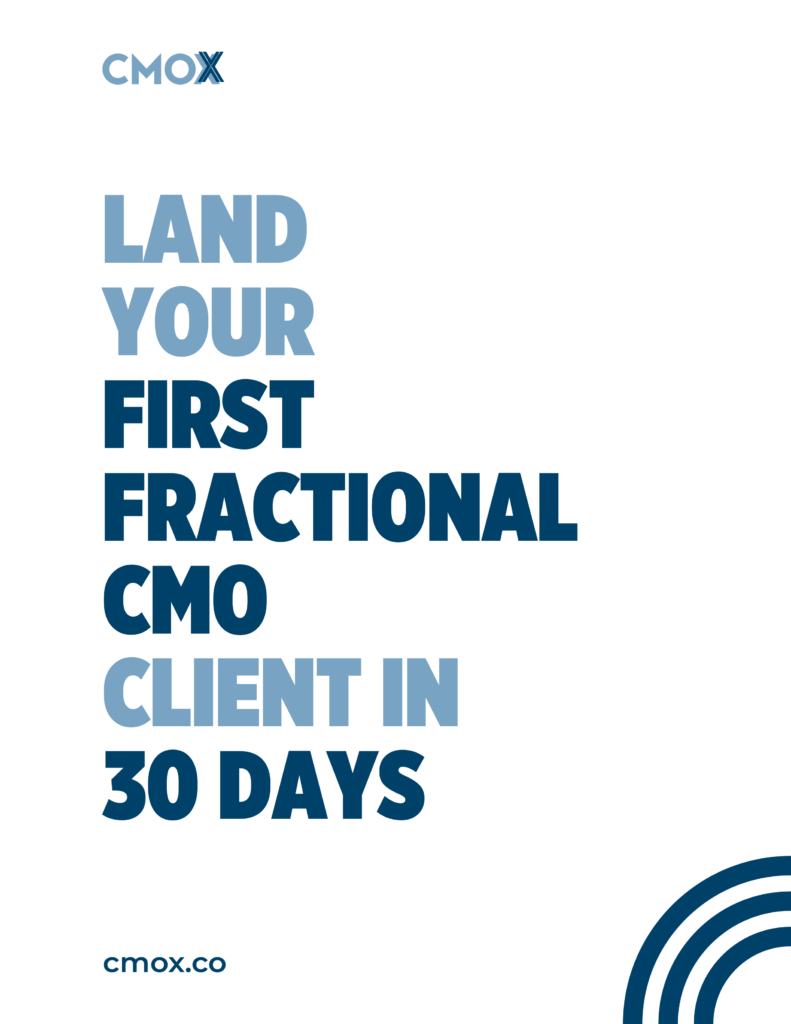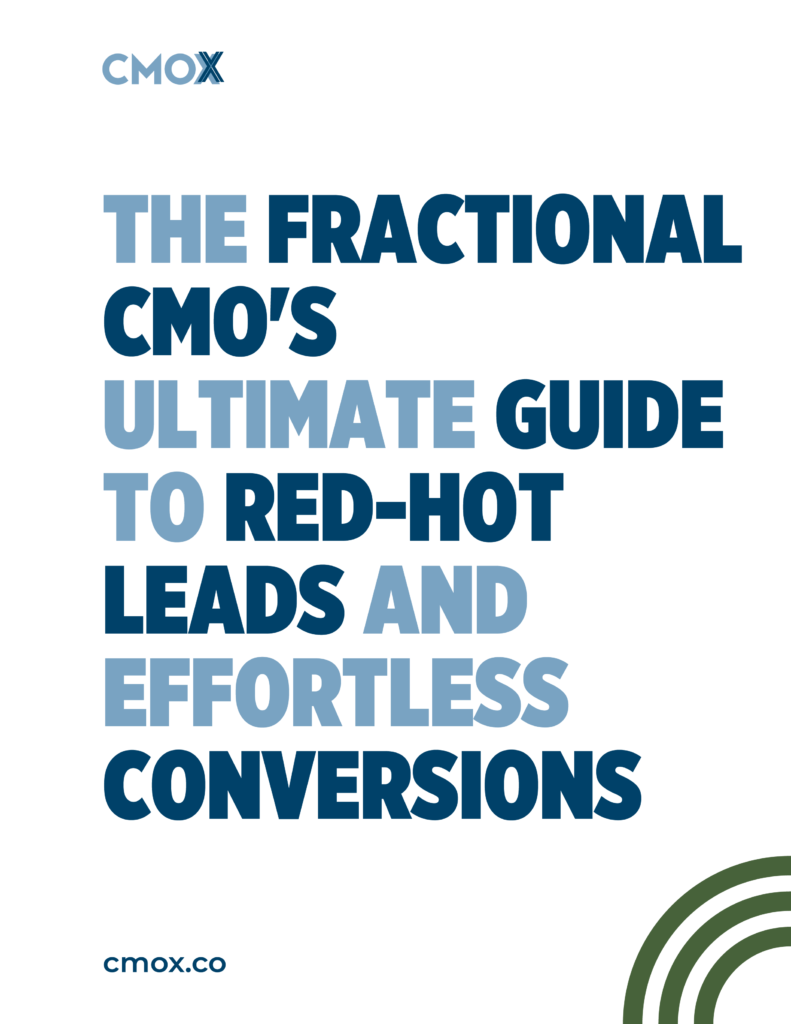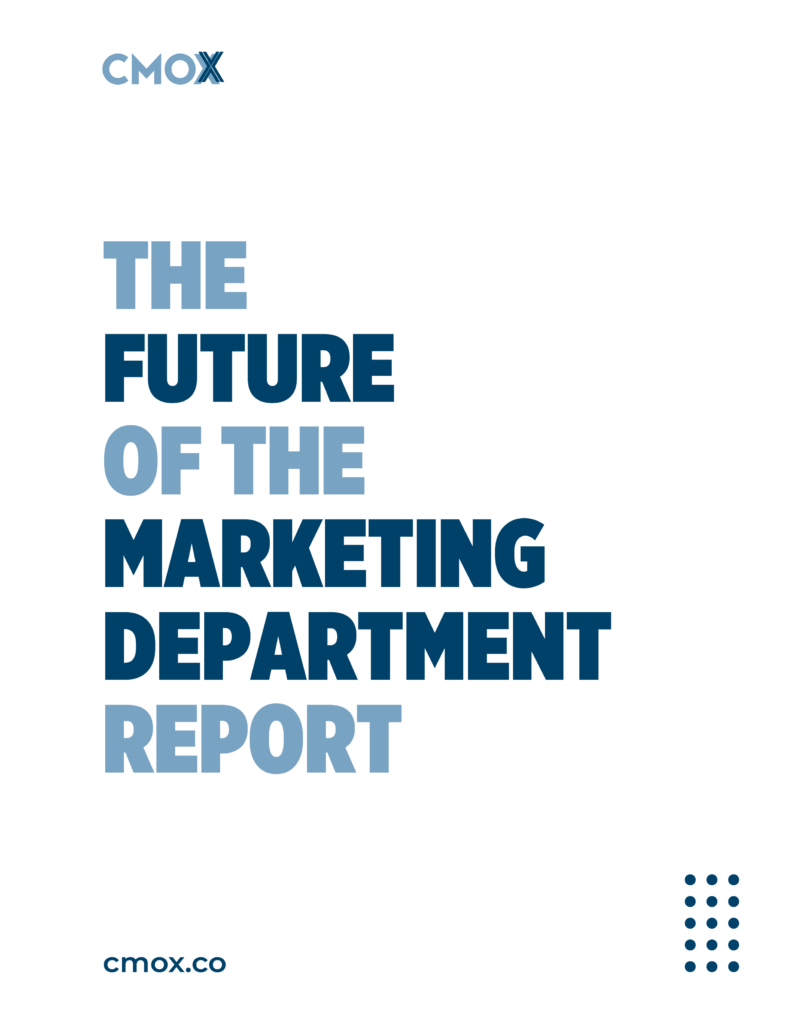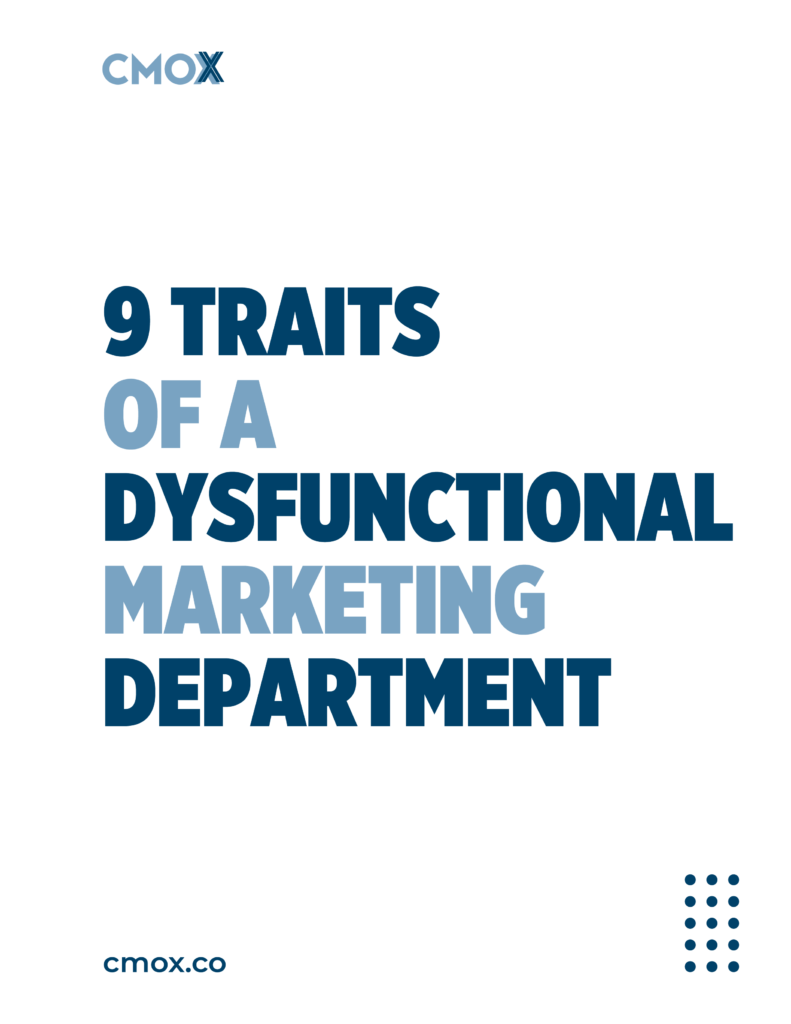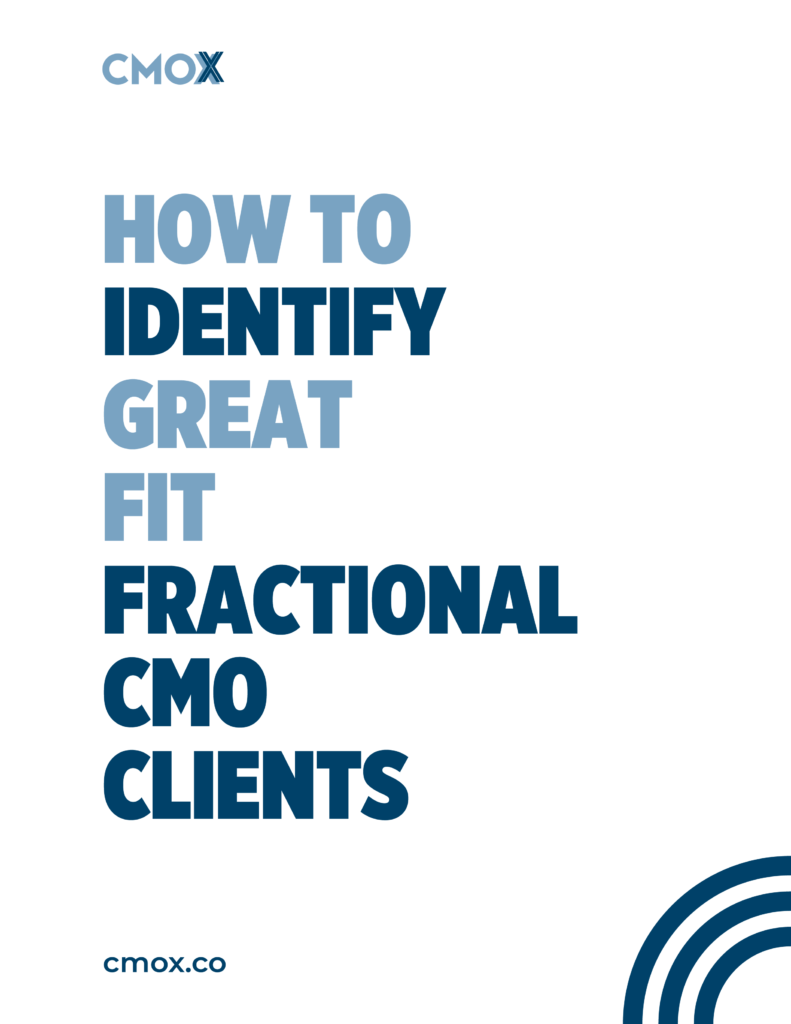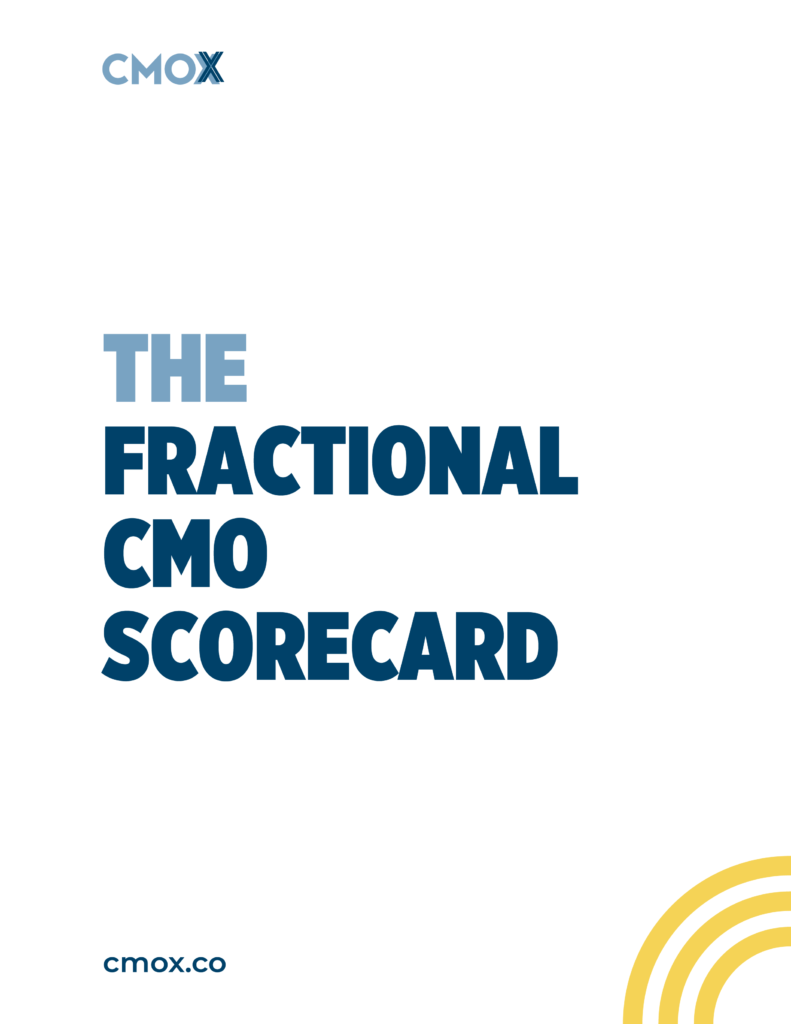The Strategic Marketing Consultant and the Fractional CMO do similar roles for a business with one or two important distinctions.
On the surface or to someone not involved in marketing, the difference between a Fractional CMO and a Strategic Marketing Consultant may be hard to differentiate.
However, someone involved in marketing in any way, such as an employee at a marketing agency or a business owner who knows the importance of marketing to growth, will need to know how these two roles are different, why they are different and how these differences apply to working with different businesses.
Different businesses need different things from their marketing departments. This is the most important thing to understand when looking at the differences between a fractional CMO and a strategic marketing consultant.
A huge multinational corporation may be facing a marketing challenge that is ultra-specific, whereas a business with revenues under $50mm per year may have specific problems but often will need a more holistic approach to the solutions. This is because as a business grows, the departments become more independent of each other and self-reliant.
Let’s use the example of the insurance giant Geico. This is a huge company that will undoubtedly have a huge marketing department.
If there is a rift in the SEO team, that will most likely not spill over to the social media department. So, if there is a specific SEO issue that needs to be solved, in a strategic way, Geico may bring in a strategic marketing consultant to provide a solution to this.
However, they probably do not need any improvements in their leadership or systems and processes as one would assume that that is a well-oiled machine.
Not to mention that a company that size will have a full-time chief marketing officer, so the role of the fractional CMO is redundant.
Role Summaries
Strategic Marketing Consultant
A strategic marketing consultant is a person who is brought into an organization to solve a problem in a strategic way, similar to how a traditional marketing consultant would come in and solve the problem of “our SEO isn’t working too well” so the specialist comes in and creates a plan to fix this issue and then shows a way for it to be implemented.
The strategic marketing consultant will solve the problem and then give the organization a plan for correcting it. But they will not be involved in the implementation of it.
Their role is restricted to solving the problem in this way and there are clear boundaries on what they can and can’t do. Their offer may be limited to solving the problem at hand and not extend to management and leadership.
The strategic marketing consultant will most likely not be involved in any of the marketing processes or internal systems of the organization.
This is not a disadvantage of hiring a strategic marketing consultant. Not in any way. It is simply based upon the specific needs of the business in question.
The strategic marketing consultant is normally brought in to solve a big, specific, expensive problem. And that restriction in the role can foster great results.
Often, smaller marketing departments will need solutions to specific problems but will also need to get their ducks in a row with expert systems and may require some leadership.
This is where the fractional CMO comes into play.
Fractional CMO
The fractional CMO does all of the above in relation to the responsibilities of the strategic marketing consultant and more.
The benefits of the fractional CMO really start to present themselves when the efforts of the marketing personnel are being maximized by having strong and competent leadership.
The fractional CMO will deliver an overarching strategy to an organization and not just trust that that organization will implement it. The fractional CMO shows how to implement the strategy.
The correct implementation of the marketing strategy is often done by having expert leadership. Every single member of the marketing team knows their role, their outcomes, and is held accountable and supported. This is what leadership looks like in 2021 and beyond.
The fractional CMO will have oversight on the systems and processes of the marketing department in order to get the best out of the marketing machine and campaigns.
This is often necessary with businesses under $100mm as even though the roles within the marketing team are correctly managed, there will still be inefficiencies that need correcting.
Summary
The distinction made in this article is straightforward enough. The fractional CMO has all the role and responsibility of the strategic marketing consultant with the additional responsibility of leadership and perhaps making adjustments to the systems and processes within the marketing department.
Both of these roles will see a growth in popularity in the coming years due to the increasingly nuanced needs for small businesses. This is especially true with marketing technology, or MarTech, and how that works with the department’s systems and processes and KPIs.
The reality is that all businesses are different and the differences between these roles are very small but those small differences have a big impact.
Both roles can produce immense results for the business and the nature of the role and expectations should always be clarified between the business leaders and the strategic marketing consultant or fractional CMO.


